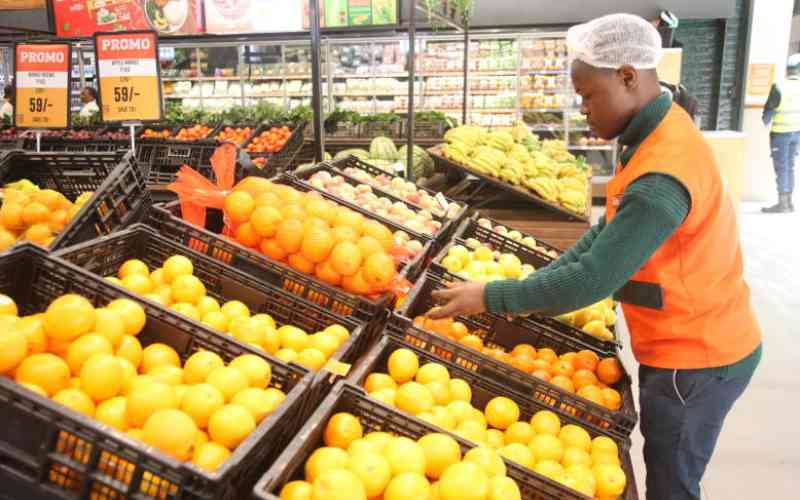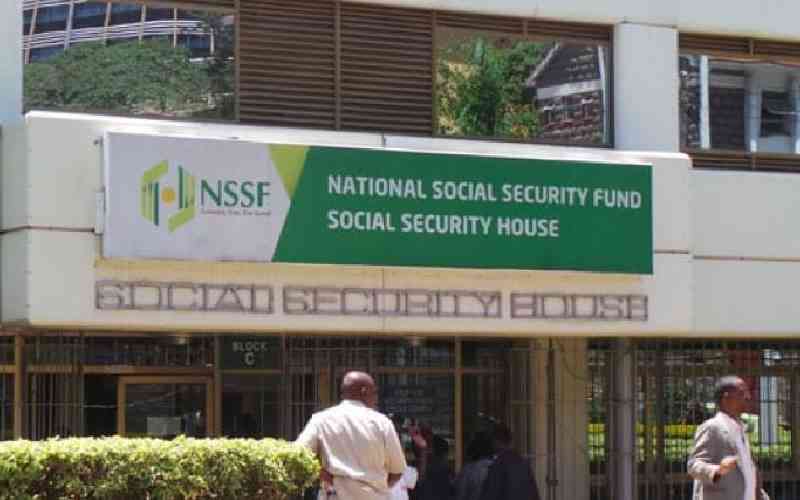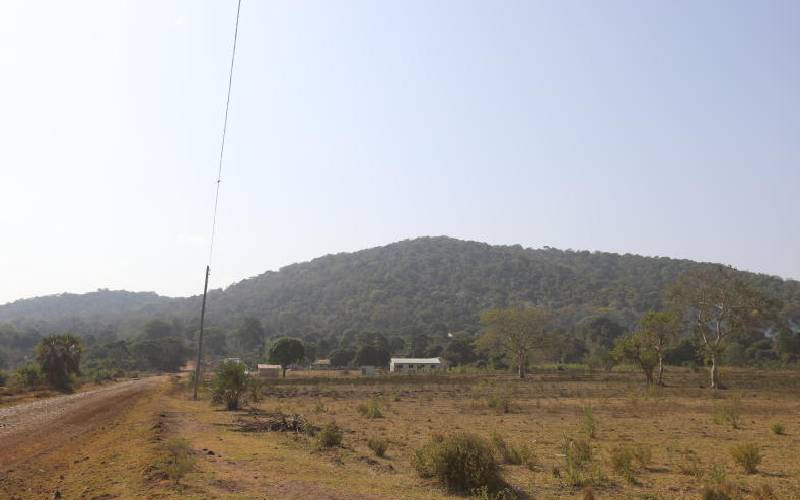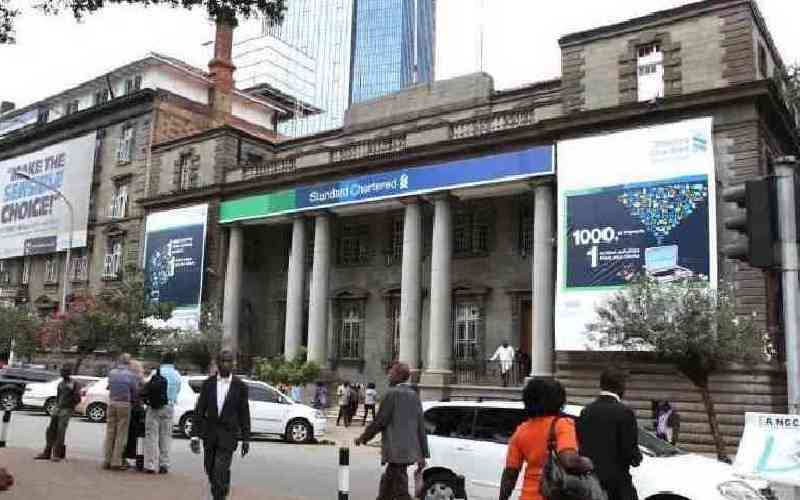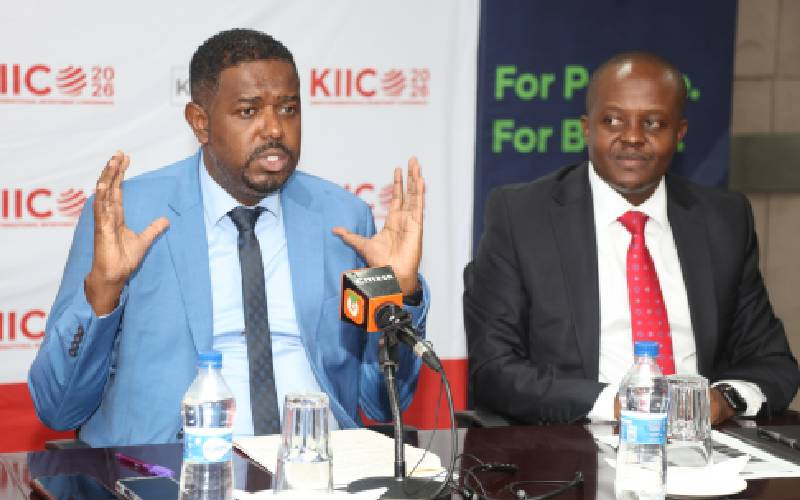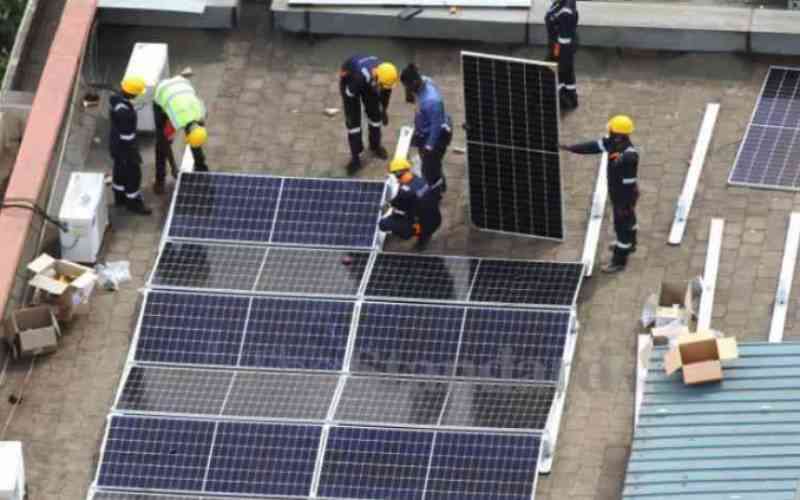×
The Standard e-Paper
Stay Informed, Even Offline
The decision by the Government to hold on to billions of shillings in tax refunds belonging to the business community has been blamed for the ongoing cash-crisis.
In a special review on the state of the economy in developing countries, the International Monetary Fund (IMF) singled out Kenya’s defective tax system as a major impediment to business growth.
